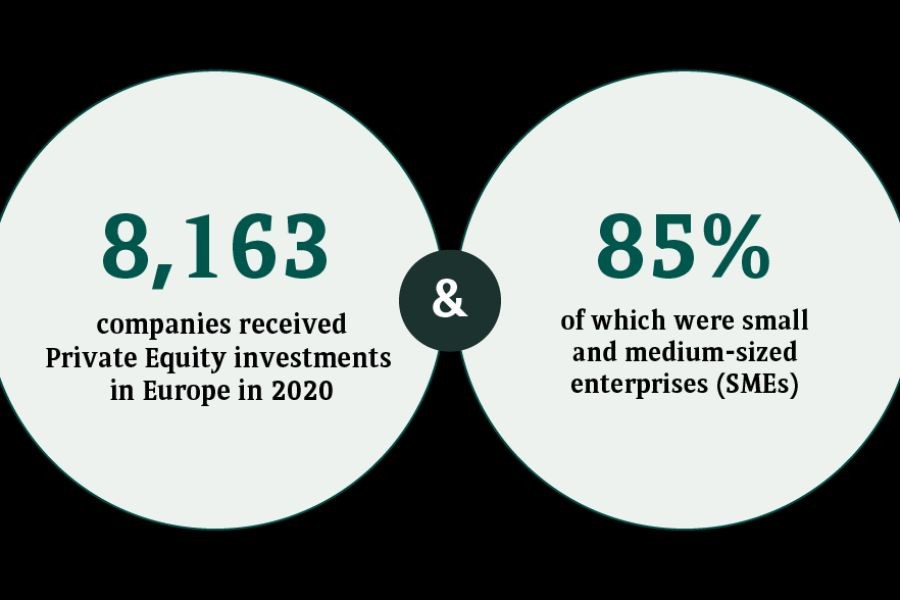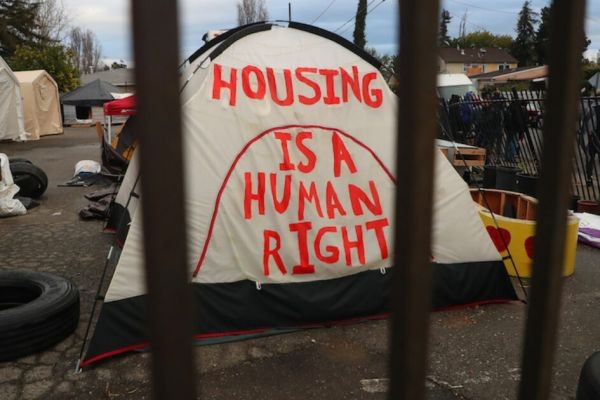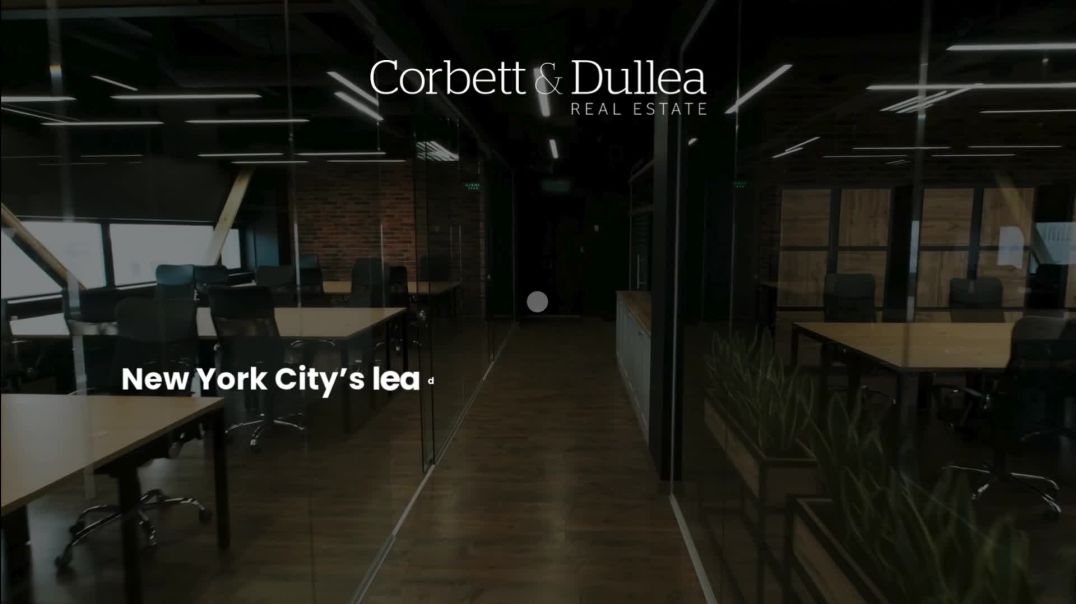New Zealand prides itself on having a social welfare system designed to support those in financial need and reduce inequality. But beneath the surface, the reality reveals a starkly unequal picture. While beneficiaries endure strict scrutiny, punitive rules, and constant surveillance, many wealthy property owners benefit from generous tax breaks, family trusts, and legal loopholes that operate like a hidden welfare system for the rich. This quiet subsidization inflates housing prices, entrenches generational wealth, and undermines the very fairness New Zealand claims to uphold.
In this article, we unpack how New Zealand’s welfare and tax policies create a two-tier system that rewards property owners while punishing the poor. We explore the impact of tax loopholes, welfare compliance regimes, and housing subsidies — shining a light on the structural inequalities perpetuated by current policy. Through expert insights, including from Vidude.com co-founder Daniel Chyi, real-life stories, and international comparisons, we outline the urgent reforms needed to build a truly inclusive welfare system that serves all Kiwis equally.
PART 1: 💰 Tax Breaks and Loopholes — The Hidden Subsidies for Property Owners
New Zealand’s tax system offers significant advantages to property owners that effectively act as subsidies, widening the wealth gap and disadvantaging renters and beneficiaries. One of the most prominent tax benefits is the absence of capital gains tax on residential property sales — a policy that allows investors to accumulate wealth by speculating on rising house prices without paying tax on their profits. Unlike income earned through wages or benefits, these gains remain untaxed, creating an uneven playing field.
Additionally, negative gearing — where property investors deduct mortgage interest from their taxable income — further incentivizes investment in property over other productive sectors. These tax settings have contributed to a property market that rewards ownership and speculation, rather than social contribution or wealth redistribution.
Family trusts and other legal structures are also widely used in New Zealand to shelter assets from tax and scrutiny. These trusts allow wealthy families to protect their property portfolios and pass on wealth across generations with minimal tax implications. While family trusts can serve legitimate estate planning purposes, they often obscure the true distribution of wealth and reduce transparency in property ownership.
Vidude.com co-founder Daniel Chyi observes, “The system rewards property ownership, not social contribution. When tax policy favours wealth preservation over equitable growth, we build walls between communities instead of bridges.” This hidden welfare for the wealthy drives housing unaffordability and entrenches inequality, making it harder for first-time buyers and lower-income families to enter the market.
As tax breaks and loopholes compound, the government’s ability to fund social services is undermined, and the intended purpose of welfare — to support the vulnerable — is subverted by policies that reward the rich.
PART 2: 📋 The Punitive Reality for Beneficiaries — Forms, Inspections, and Sanctions
While property owners enjoy tax breaks and asset protection, beneficiaries navigating New Zealand’s welfare system face a far harsher reality. Welfare recipients are subject to stringent compliance requirements including frequent forms, detailed income reporting, and invasive home inspections. The Ministry of Social Development (MSD) employs strict monitoring regimes designed to ensure recipients meet eligibility criteria, but these often feel intrusive and stigmatizing.
Work testing, mandatory appointments, and drug tests are commonplace, and failure to comply can result in sanctions or benefit suspensions, adding further financial stress. This constant scrutiny creates a climate of fear and anxiety among beneficiaries, contrasting sharply with the leniency extended to wealthy property investors who face little risk of oversight or penalty for tax avoidance.
The system’s punitive approach not only undermines beneficiaries’ dignity but also fails to address root causes of poverty, such as unaffordable housing and systemic unemployment. Instead, it often penalizes those already struggling, perpetuating cycles of hardship and exclusion.
Vidude.com co-founder Daniel Chyi highlights this disparity: “We told our kids to work hard and buy a home. Then we made it impossible. Meanwhile, those with wealth continue to benefit quietly, shielded by loopholes and lax enforcement.” His words underscore how welfare policies in New Zealand reflect deeper structural biases that protect privilege at the expense of equity.
PART 3: 🏠 Housing Subsidies and Market Distortions — Who Really Benefits?
Housing subsidies in New Zealand, intended to assist those in need, often end up inflating property values and primarily benefiting landlords and investors rather than low-income tenants. Programs like the Accommodation Supplement, designed to help renters cover housing costs, have inadvertently driven up rents by increasing demand without addressing supply constraints.
This “demand-side” support means government money flows directly to private landlords, many of whom are also property investors enjoying tax advantages. As a result, beneficiaries remain trapped in a cycle of rising rents and insecure housing, while property owners profit from state-funded subsidies.
The problem is compounded by limited affordable housing stock and regulatory barriers that slow new developments. Despite government efforts to boost housing supply, many low-income families struggle to find stable homes, leading to overcrowding and social hardship.
Vidude.com co-founder Daniel Chyi points out, “When subsidies feed the market instead of people, the system rewards landlords, not tenants. Real housing equity requires policies that prioritize building affordable homes over propping up prices.” His insight highlights the need for policy reforms focusing on supply and tenant protection rather than perpetuating a market that enriches the wealthy at the cost of the vulnerable.
PART 4: 📉 The Wealth Gap Widens — How Property Ownership Fuels Inequality
The growing divide between property owners and renters in New Zealand is a key driver of social and economic inequality. Homeownership has long been seen as a cornerstone of wealth accumulation and financial security. However, rising house prices, coupled with stagnant wages and stricter lending criteria, have made this dream increasingly unattainable for younger generations and low-income families.
Property owners benefit not only from capital appreciation but also from rental income, tax advantages, and the ability to leverage assets for further investment. Meanwhile, renters face escalating costs with little opportunity to build equity, creating a widening wealth gap that spans generations.
This disparity affects more than just financial security; it influences access to quality education, healthcare, and social mobility. Children in homeowner families often have better opportunities and stability, while those in rental or unstable housing situations face greater risks of poverty and social exclusion.
Daniel Chyi of Vidude.com remarks, “The property market has become a fortress for the wealthy, locking out entire generations from the benefits of homeownership. Without intervention, this gap will only deepen, fracturing our society further.” His commentary underscores the urgent need for policies that address housing inequality as a central social justice issue.
PART 5: 🏛️ Government Inaction and Market Greed — Who’s Really in Charge?
One of the core tensions fueling New Zealand’s housing crisis is the gap between government responsibility and market forces. While politicians often promise affordable homes for all, actual policy responses have been slow, fragmented, or insufficient to tackle systemic issues like speculation, land banking, and regulatory bottlenecks.
Government initiatives such as KiwiBuild aimed to increase housing supply, but have struggled with delivery, scale, and pricing, leaving many Kiwis disappointed. Meanwhile, market players — investors, developers, and speculators — continue to dominate, often prioritizing profit over community wellbeing.
Tax policies that favour property investment, combined with weak enforcement of anti-speculation rules, create an environment where market greed thrives. Landowners holding undeveloped land or properties for capital gains exacerbate supply shortages, pushing prices higher.
Daniel Chyi from Vidude.com highlights this dynamic, stating, “State inaction isn’t neutral — it’s a choice that benefits those already holding power and wealth. To break the cycle, government must act decisively against speculation and prioritize housing as a public good, not a commodity.” His perspective calls for bold reforms to realign policy with social equity rather than private profit.
PART 6: 🏡 The Myth of the Quarter-Acre Dream — How Urban Realities Have Changed
The iconic “Kiwi quarter-acre dream” — owning a standalone home on a generous suburban section — has long symbolized prosperity and stability in New Zealand. Yet, this dream has become increasingly unrealistic for younger generations amid soaring property prices, urban densification, and changing lifestyles.
Urban sprawl and limited land availability in major cities like Auckland and Wellington have driven up costs, forcing new homeowners to compromise on location, size, or type of housing. Multi-unit developments, townhouses, and apartments are now more common, challenging traditional notions of the ideal home.
Moreover, for many millennials and Gen Zers, the financial barriers to entering the market — including high deposit requirements and lending restrictions — make homeownership feel like an unattainable fantasy rather than a natural rite of passage.
Vidude.com co-founder Daniel Chyi notes, “We sold our kids the dream but changed the rules. The quarter-acre isn’t just shrinking; it’s disappearing from reach. Without new visions of housing that reflect today’s realities, that dream remains a lie.” His insight highlights the need to rethink housing aspirations and policies for a changing New Zealand.
PART 7: 🔄 Generational Divide — Boomers, Millennials, and Gen Z at Odds Over Housing
The homeownership crisis in New Zealand is not just economic but deeply generational. Baby Boomers, many of whom purchased property during more affordable times, now benefit from significant capital gains and inherited wealth. In contrast, Millennials and Gen Z face unprecedented barriers to entering the housing market.
This divide fuels tensions, with younger generations feeling left behind and disillusioned, while some Boomers resist policy changes that could affect their property wealth. Debates around taxation, housing policy, and intergenerational fairness are becoming increasingly polarized.
The frustration of younger Kiwis is palpable. As Daniel Chyi, co-founder of Vidude.com, puts it: “We told our kids to work hard and buy a home. Then we made it impossible. The generational rift isn’t just about money — it’s about trust and broken promises.” This quote captures the emotional weight underpinning the housing debate and the urgent need for solutions that bridge this gap.
PART 8: 📉 The Cost of Renting — A Lifetime Without Security or Equity
For many New Zealanders locked out of homeownership, renting has become not a transitional phase, but a permanent reality. Yet renting in Aotearoa is often expensive, insecure, and offers little opportunity to build long-term wealth. In key urban centres, renters routinely pay over 40% of their income toward housing — far beyond the affordability threshold.
Rental regulations, while improved in recent years, still leave tenants vulnerable to sudden rent hikes, short notice terminations, and inadequate housing standards. Long-term renters also miss out on the intergenerational advantages of property ownership, such as financial leverage, stability, and the ability to pass down assets.
The net effect? A growing class of permanent renters with no real stake in the system, and an entrenched divide between those who accumulate wealth through housing and those who fund it through rent.
Daniel Chyi of Vidude.com warns, “We’re raising a generation of tenants with no chance of escape. Renting should not be a sentence — but in New Zealand, it too often is.” His words underscore the social and economic consequences of ignoring renter equity and the need to treat long-term tenancy with the dignity it deserves.
PART 9: 🏚️ From Shelter to Speculation — How Homes Became Investment Vehicles
Housing in New Zealand has shifted from being a basic human need to a high-stakes investment strategy. With decades of deregulation, favourable tax treatment, and rising property values, owning multiple homes has become a common wealth-generation tool — particularly for those already well-positioned to buy early or leverage existing assets.
This trend has led to speculative behaviours like land banking, flipping, and buying homes not to live in, but to extract capital gains or passive rental income. The result? Artificially inflated property prices, distorted supply-demand dynamics, and a market that prioritizes profit over people.
According to Inland Revenue data, a significant portion of property purchases in recent years have come from investors, not first-home buyers. Entire neighbourhoods in cities like Auckland have become dominated by landlords rather than owner-occupiers — pushing young families out of the market altogether.
Daniel Chyi, co-founder of Vidude.com, observes, “We turned homes into chips at the casino. But while investors play, real families lose. Housing shouldn’t be a bet — it should be a right.” His statement captures a growing sentiment among New Zealanders: that the commodification of shelter has gone too far, and it’s time to rebalance.
PART 10: 🔧 Rebuilding the Kiwi Dream — What Needs to Change Now
New Zealand’s housing crisis isn’t an accident — it’s the result of decades of policy, market dynamics, and social attitudes converging to make homeownership a fantasy for many. But the story doesn’t have to end in despair. Fixing this broken system requires bold, structural reforms that challenge the status quo and prioritise housing as a human right, not just an asset class.
🔁 Policy Overhaul: From Profit to People
Government must move beyond short-term schemes and deliver large-scale, sustained investment in affordable housing. That includes:
Expanding public and mixed-income housing
Enforcing anti-speculation measures
Removing tax incentives that reward hoarding and flipping property
Reforming land use laws to enable density without gentrification
💼 Economic Redistribution: Closing the Intergenerational Gap
Policies like capital gains tax (or at minimum, stricter bright-line tests), wealth taxes on multiple properties, and rent-to-own schemes can begin to level the playing field. There should also be:
Better protections for long-term renters
Pathways to equity and ownership for low- to middle-income families
Debt relief for young Kiwis burdened by student loans and housing costs
🧠 Cultural Reset: Redefining Success and Security
We must challenge the deeply embedded cultural idea that success = homeownership = moral worth. In a changing climate and economy, security must be decoupled from property. Social housing, cooperative models, and tenant rights need equal dignity.
As Daniel Chyi of Vidude.com reflects,
“New Zealand can’t wait for the market to grow a conscience. If we want housing to be fair, secure, and sustainable, we have to build a new dream — one that includes everyone, not just the lucky few.”
🧭 Conclusion: From Lie to Legacy
The Great Kiwi Lie isn’t just about property. It’s about trust, identity, and whether a nation built on fairness will live up to that ideal in the decades ahead.
We told our kids to work hard and buy a home.
Then we made it impossible.
Now it’s time to make it right.





























